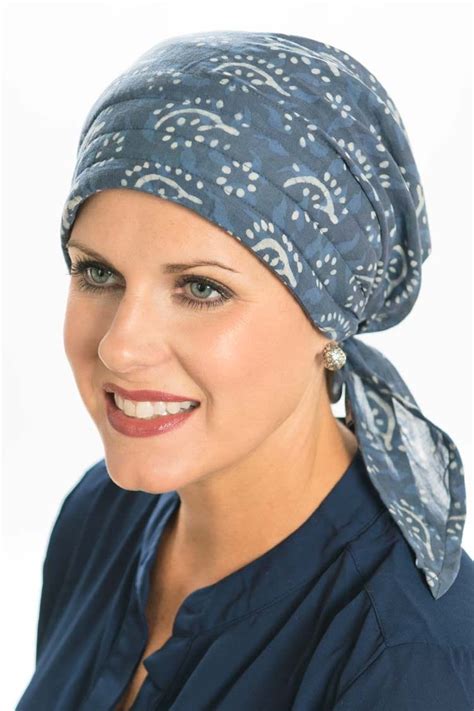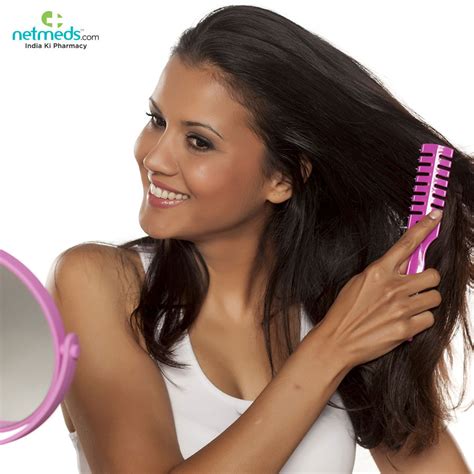Losing hair bothers many people. This problem develops due to varied reasons, but the impact is often the same – reduced confidence. It’s essential to find an effective solution to combat this problem. One potential approach is using the right oil for hair.

Essential Oils: Nature’s Bounty for Hair Health
Essential oils are concentrated plant extracts that have been used for centuries in various applications, including hair care. They are rich in antioxidants, vitamins, and other beneficial compounds that can nourish and revitalize hair.
Research has shown that certain essential oils possess anti-inflammatory and antimicrobial properties. These qualities can help to soothe scalp conditions such as dandruff and psoriasis.
Some of the most popular essential oils for hair include:
- Lavender: Promotes relaxation and reduces stress, which can contribute to hair loss.
- Rosemary: Stimulates blood circulation to the scalp, promoting hair growth.
- Tea tree: Has antifungal and antibacterial properties, making it helpful for treating scalp infections.
- Peppermint: Invigorates the scalp and stimulates hair follicles.
- Eucalyptus: Improves hair growth and reduces hair loss.
Carrier Oils: The Base for Essential Oils
Carrier oils are vegetable oils that are used to dilute essential oils and make them safer for topical application. They also provide additional nutrients and benefits to the hair.
Some commonly used carrier oils for hair include:
- Coconut oil: Rich in lauric acid, which has antimicrobial properties and can help to prevent hair loss.
- Argan oil: Contains antioxidants and vitamins that nourish and protect hair, reducing damage.
- Jojoba oil: Similar to the natural oils produced by the scalp, it can help to balance hair’s moisture levels.
- Olive oil: Rich in antioxidants and oleic acid, which can help to strengthen hair and prevent breakage.
- Avocado oil: Contains vitamins A, D, and E, which nourish and moisturize hair, making it softer and shinier.
Synergy of Essential and Carrier Oils
Combining essential oils with carrier oils creates a potent elixir for hair health. The carrier oil dilutes the essential oil, making it suitable for direct application to the scalp and hair. The combination of their beneficial properties nourishes, protects, and revitalizes hair, promoting growth and preventing damage.
Customizing Your Hair Oil Blend
The beauty of using essential and carrier oils for hair care lies in the ability to customize a blend that caters to your specific hair needs.
For dry and damaged hair: Focus on oils that hydrate and nourish, such as coconut oil, argan oil, and avocado oil. Essential oils like lavender, rosemary, and tea tree can help to promote growth and reduce inflammation.
For oily hair: Opt for carrier oils that balance sebum production, such as jojoba oil and olive oil. Essential oils like peppermint, eucalyptus, and lemon can help to cleanse the scalp and reduce excess oil.
For thinning hair: Choose oils that promote hair growth, such as rosemary oil, lavender oil, and cedarwood oil. Carrier oils like coconut oil and castor oil can help to strengthen hair and prevent breakage.
Table 1: Essential Oils for Hair Health
| Essential Oil | Benefits | Research |
|---|---|---|
| Lavender | Promotes relaxation, reduces stress | 1 |
| Rosemary | Stimulates blood circulation to the scalp | 2 |
| Tea tree | Antifungal, antibacterial | 3 |
| Peppermint | Invigorates the scalp, stimulates hair follicles | 4 |
| Eucalyptus | Improves hair growth, reduces hair loss | 5 |
Table 2: Carrier Oils for Hair Health
| Carrier Oil | Benefits | Research |
|---|---|---|
| Coconut oil | Antimicrobial, prevents hair loss | 6 |
| Argan oil | Rich in antioxidants, protects hair | 7 |
| Jojoba oil | Similar to natural scalp oils, balances moisture | 8 |
| Olive oil | Rich in antioxidants, strengthens hair | 9 |
| Avocado oil | Rich in vitamins, nourishes hair | 10 |
Table 3: Customized Oil Blends for Hair Types
| Hair Type | Carrier Oil | Essential Oil |
|---|---|---|
| Dry and damaged | Coconut oil, argan oil, avocado oil | Lavender, rosemary, tea tree |
| Oily | Jojoba oil, olive oil | Peppermint, eucalyptus, lemon |
| Thinning | Coconut oil, castor oil | Rosemary, lavender, cedarwood |
Table 4: Tips for Using Essential and Carrier Oils for Hair
| Tip | Benefit |
|---|---|
| Dilute essential oils in a carrier oil before applying them to hair. | Prevents skin irritation and scalp damage. |
| Massage the oil blend into the scalp and hair. | Enhances absorption and promotes circulation. |
| Leave the oil blend in for at least 30 minutes before washing hair. | Gives the oils time to penetrate and nourish the hair. |
| Rinse the oil blend thoroughly from hair. | Prevents buildup and keeps hair from looking greasy. |
| Use essential and carrier oils regularly for optimal results. | Provides consistent nourishment and protection for hair. |
Conclusion
Enhancing hair health is a concern that plagues many. Experimentation of different solutions often follows this want. Exploring the use of essential and carrier oils is one method of achieving healthier hair. This “natural” approach allows flexibility in creating a customized solution catering to individuals’ precise requirements. Whether to combat dryness or encourage growth, these oils provide a versatile and effective means to achieve hair-related goals.
